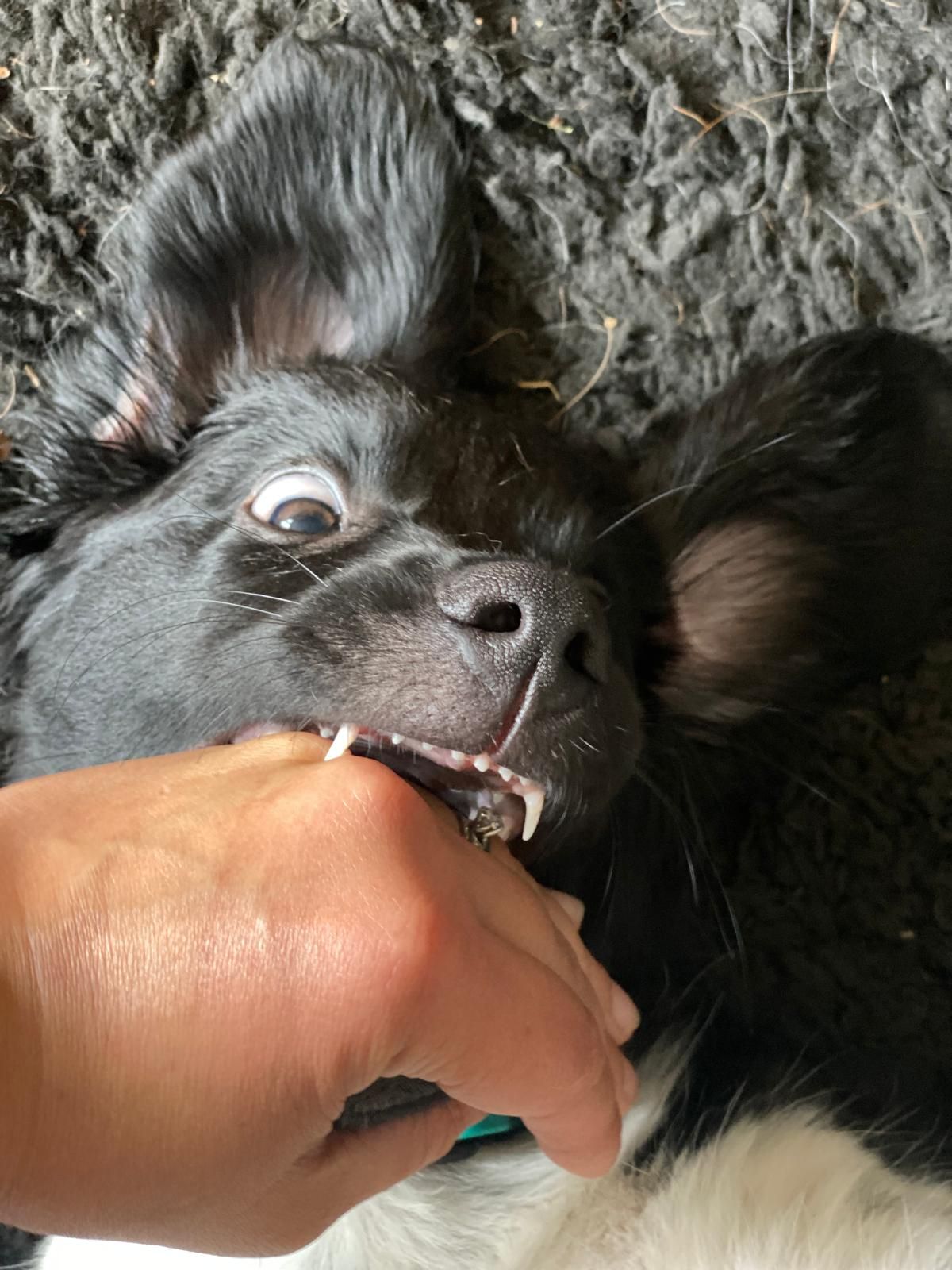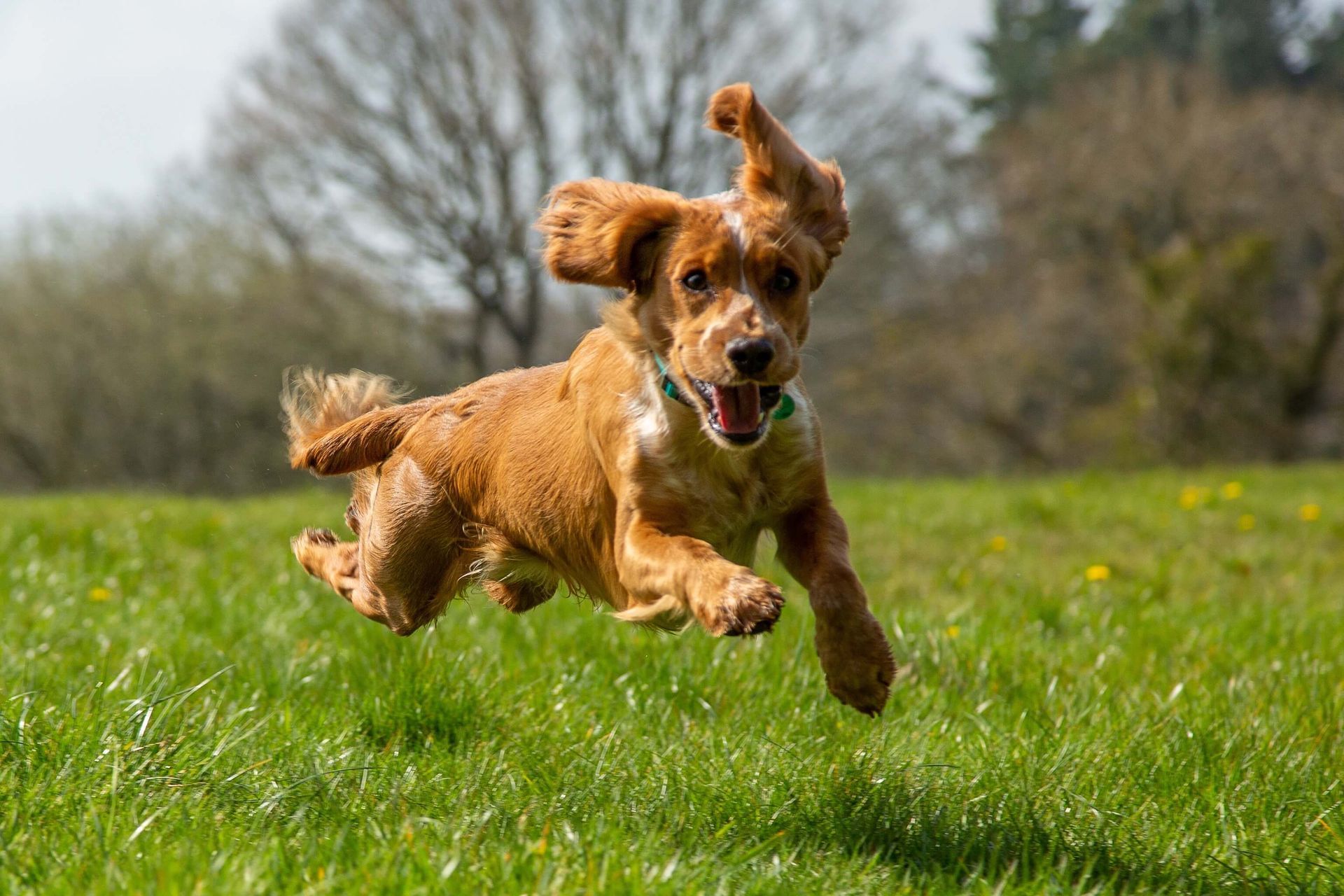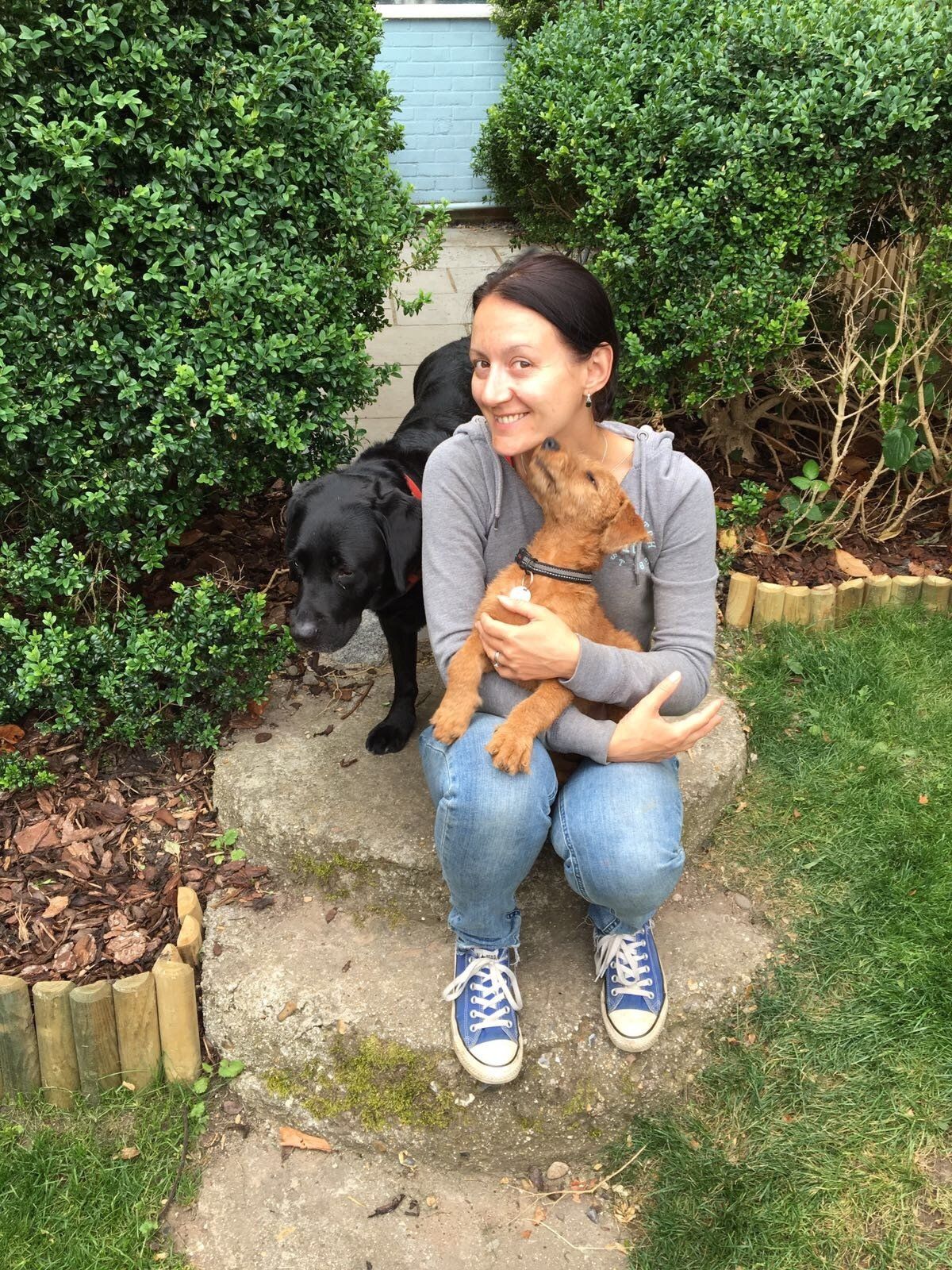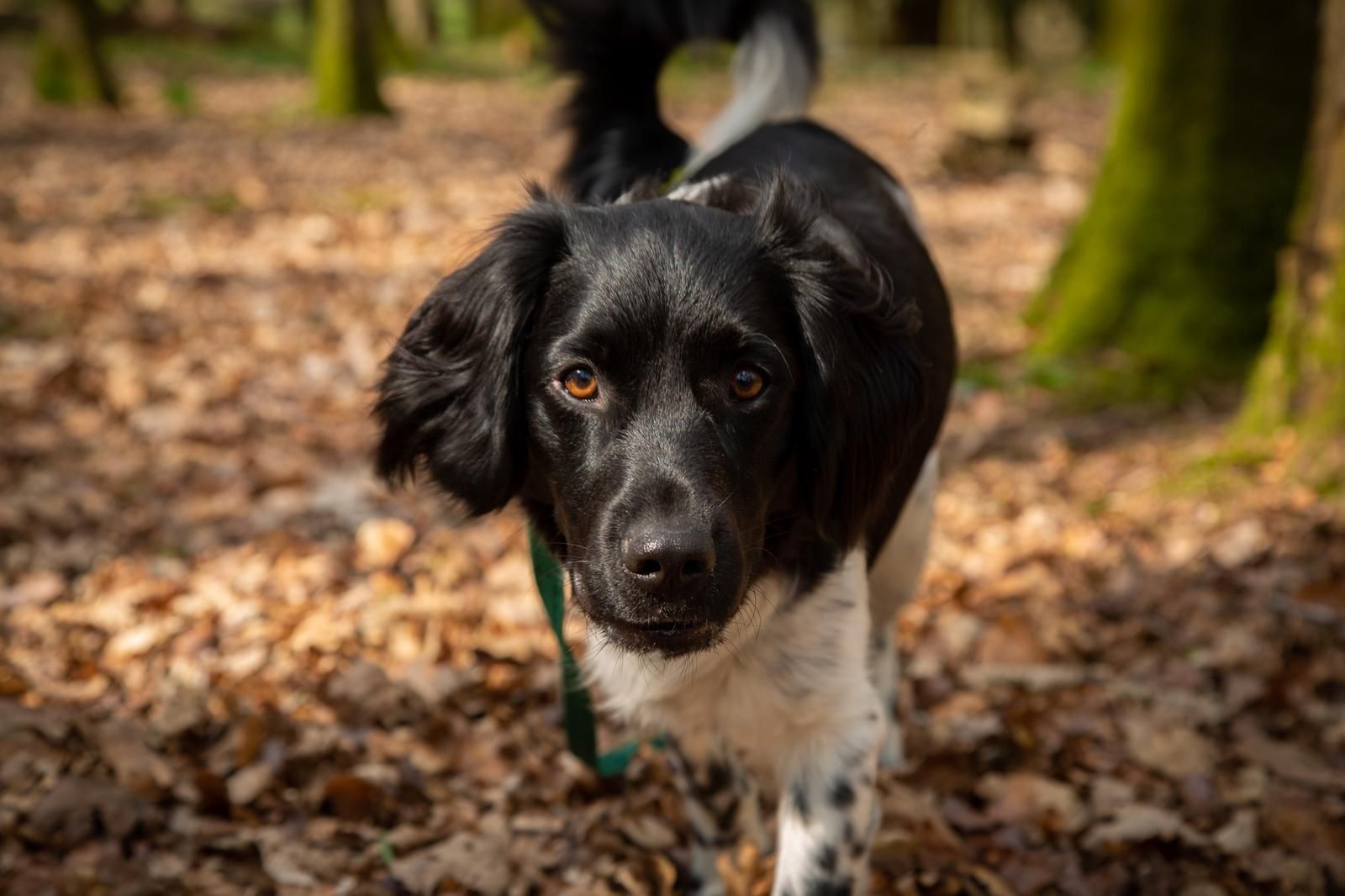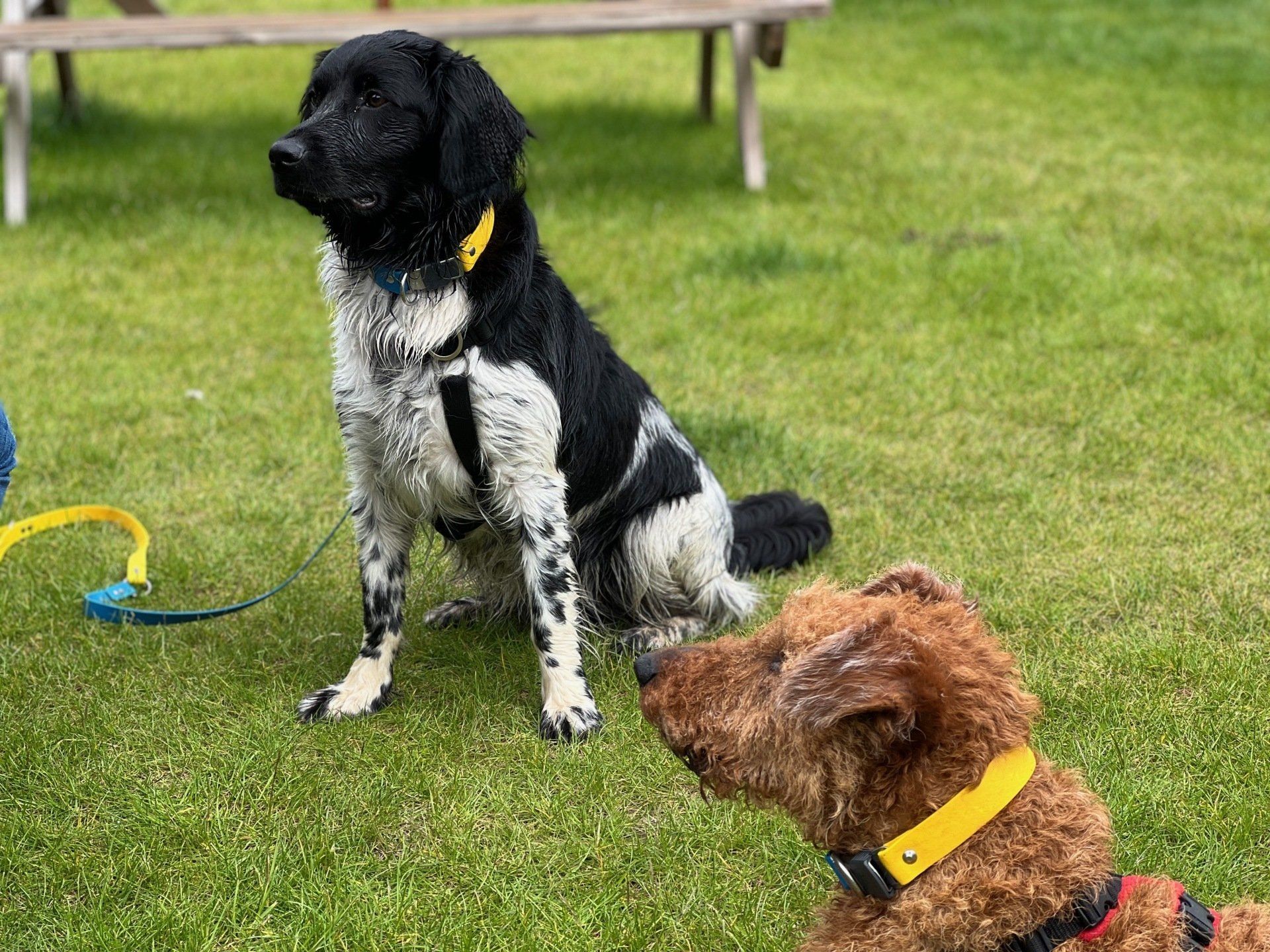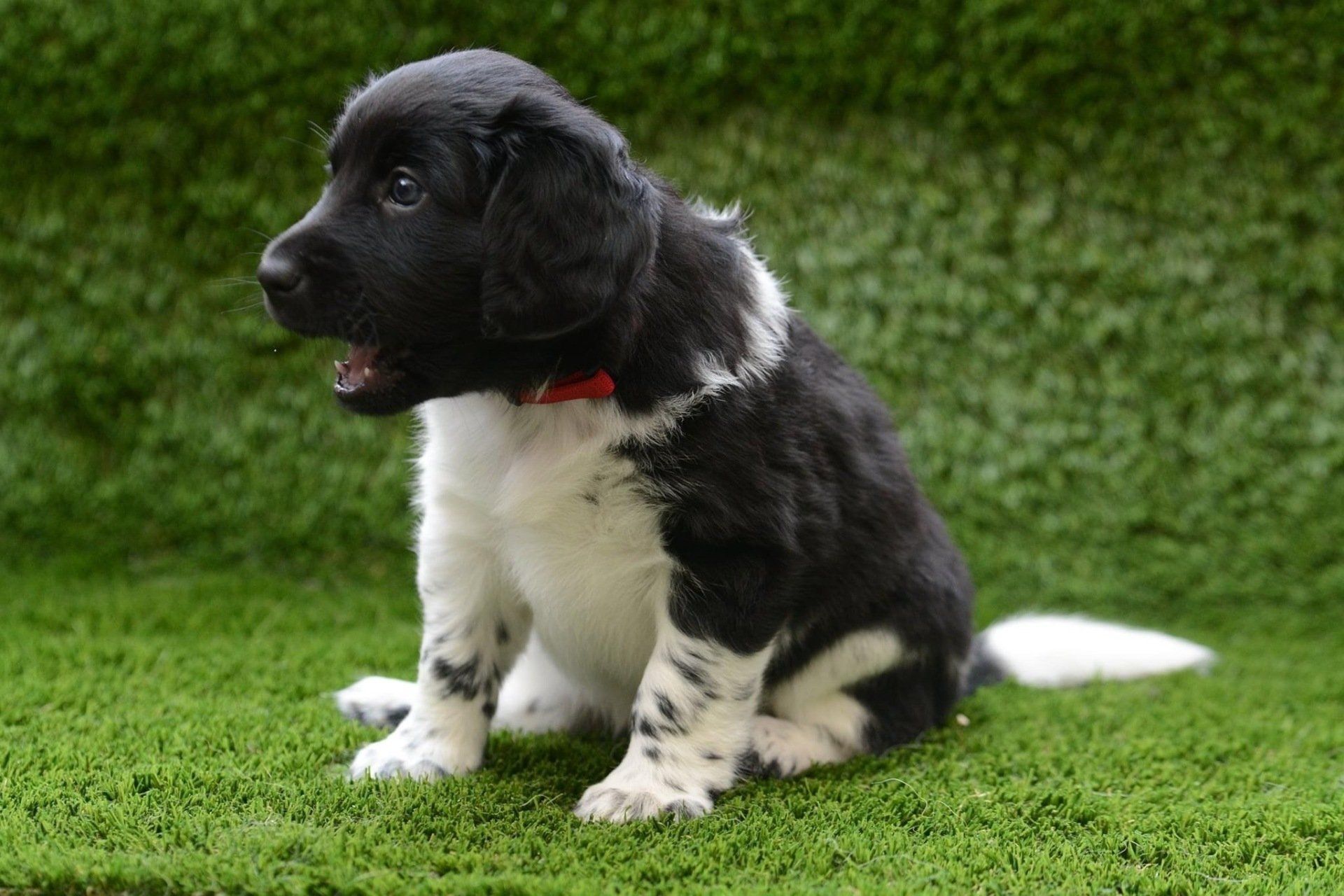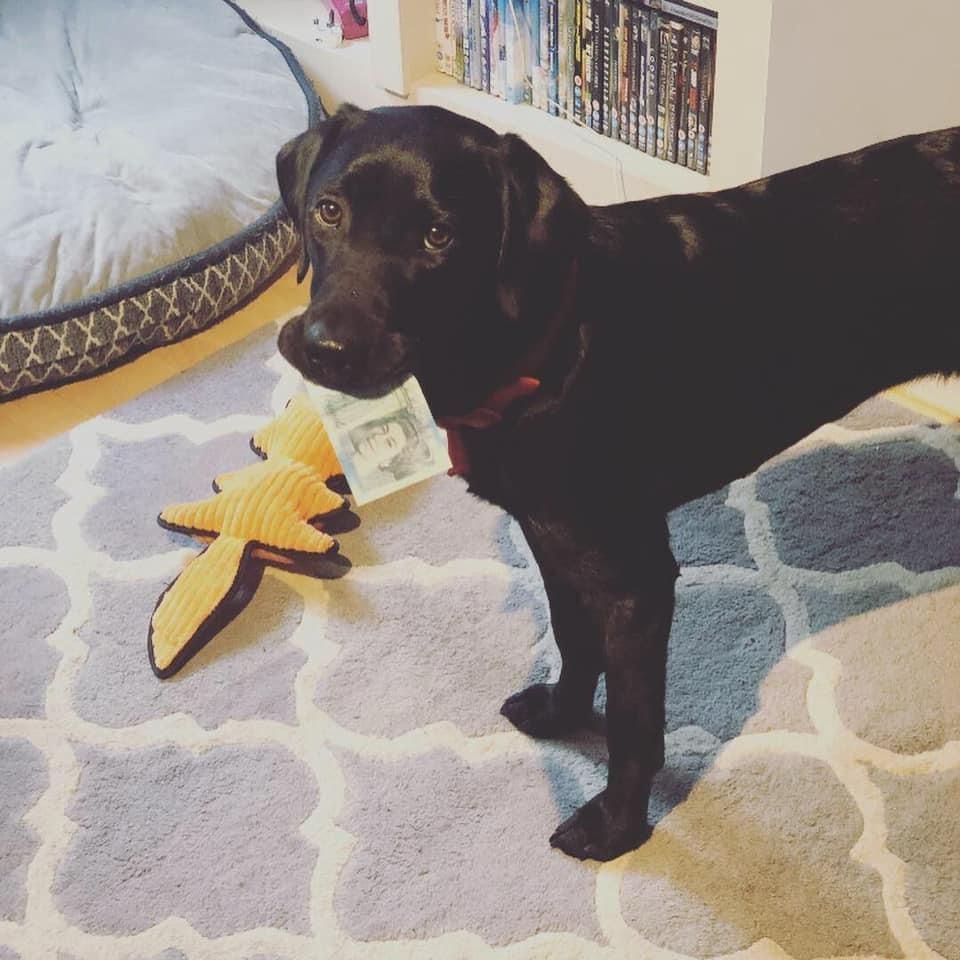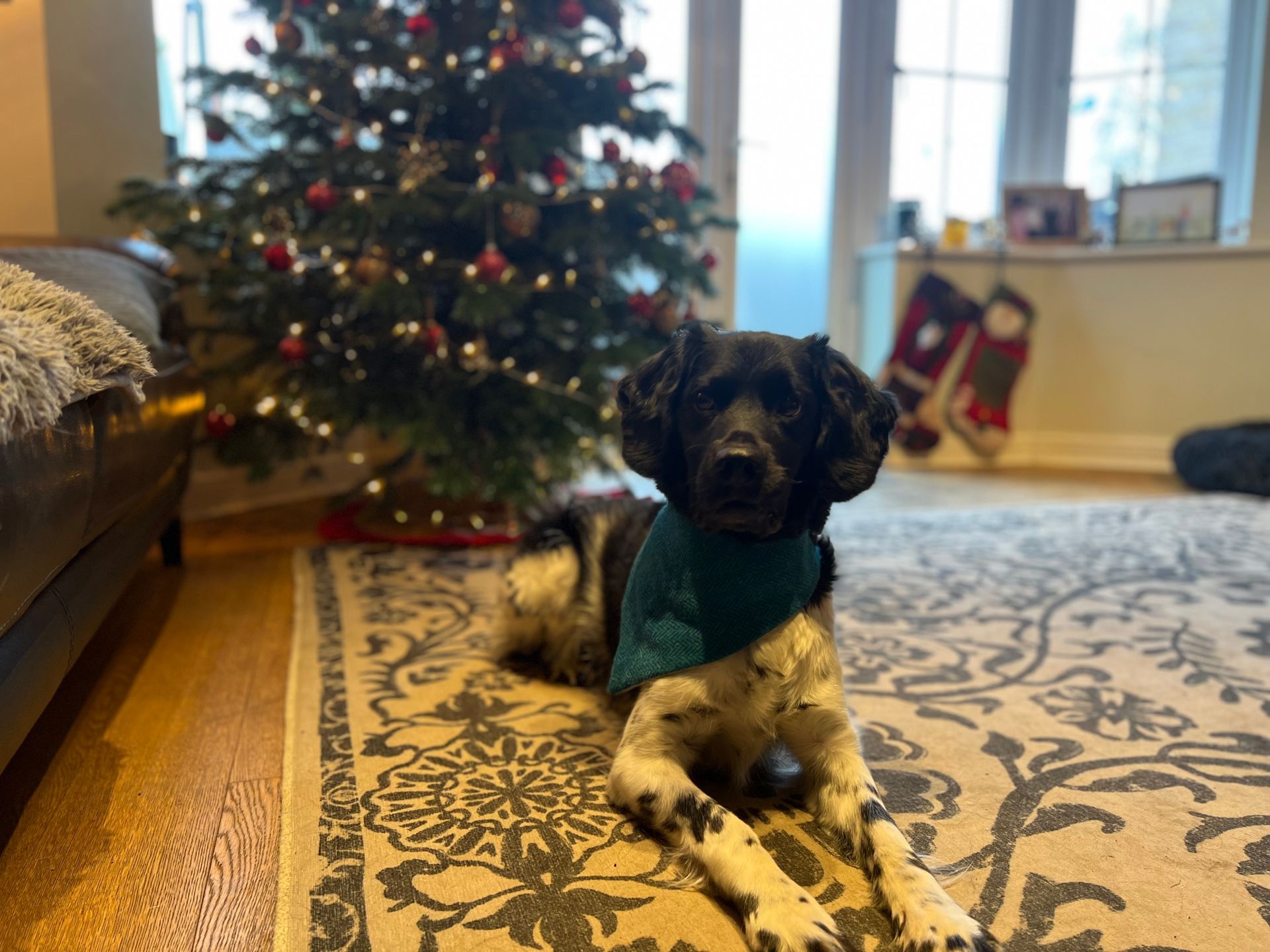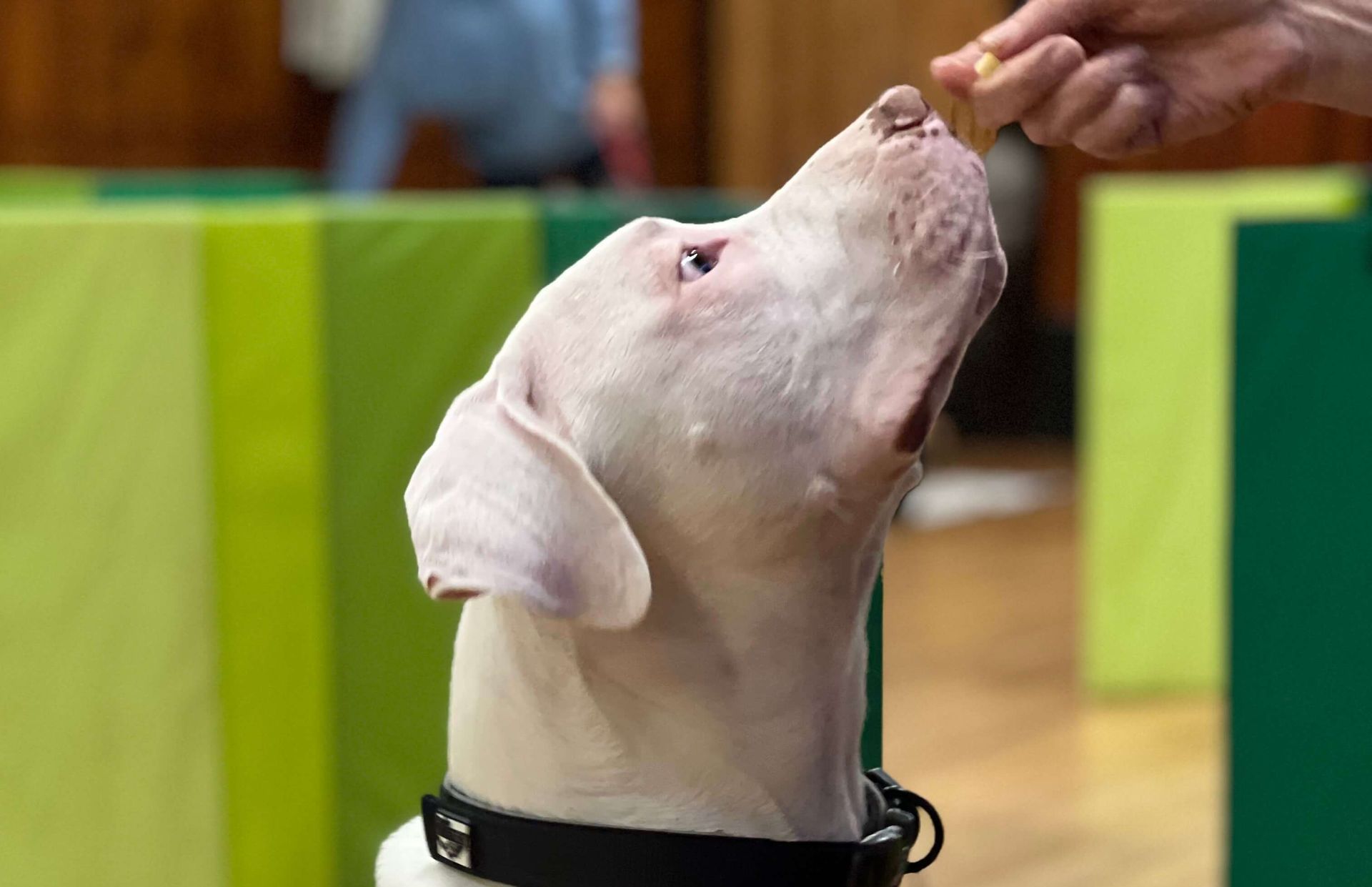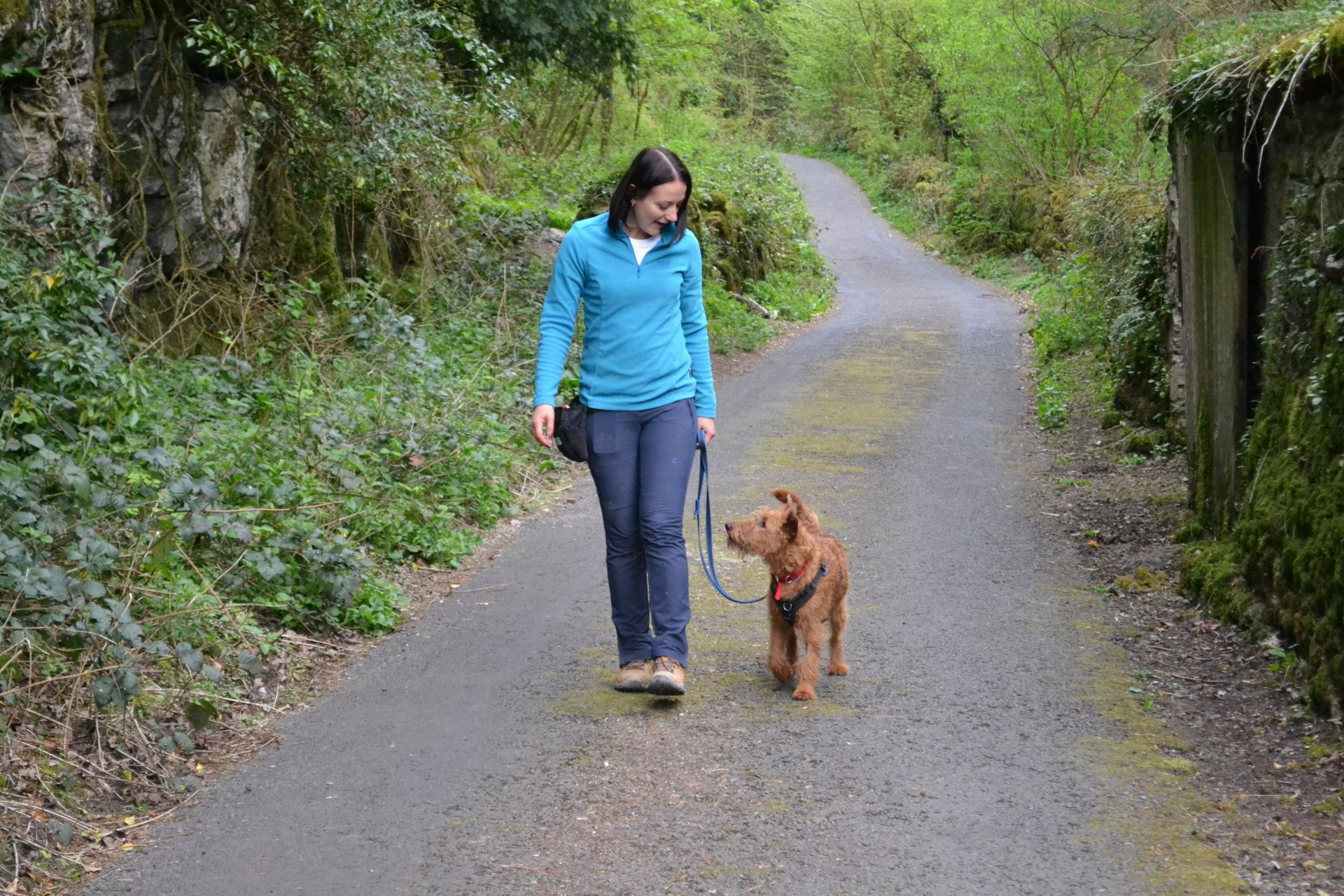
Puppy Socialisation - Top Tips
- by Tash Clark
- •
- 10 May, 2024
- •
How to get puppy socialisation right from the start
Puppy socialisation - helping you rais a well adjusted adult dog
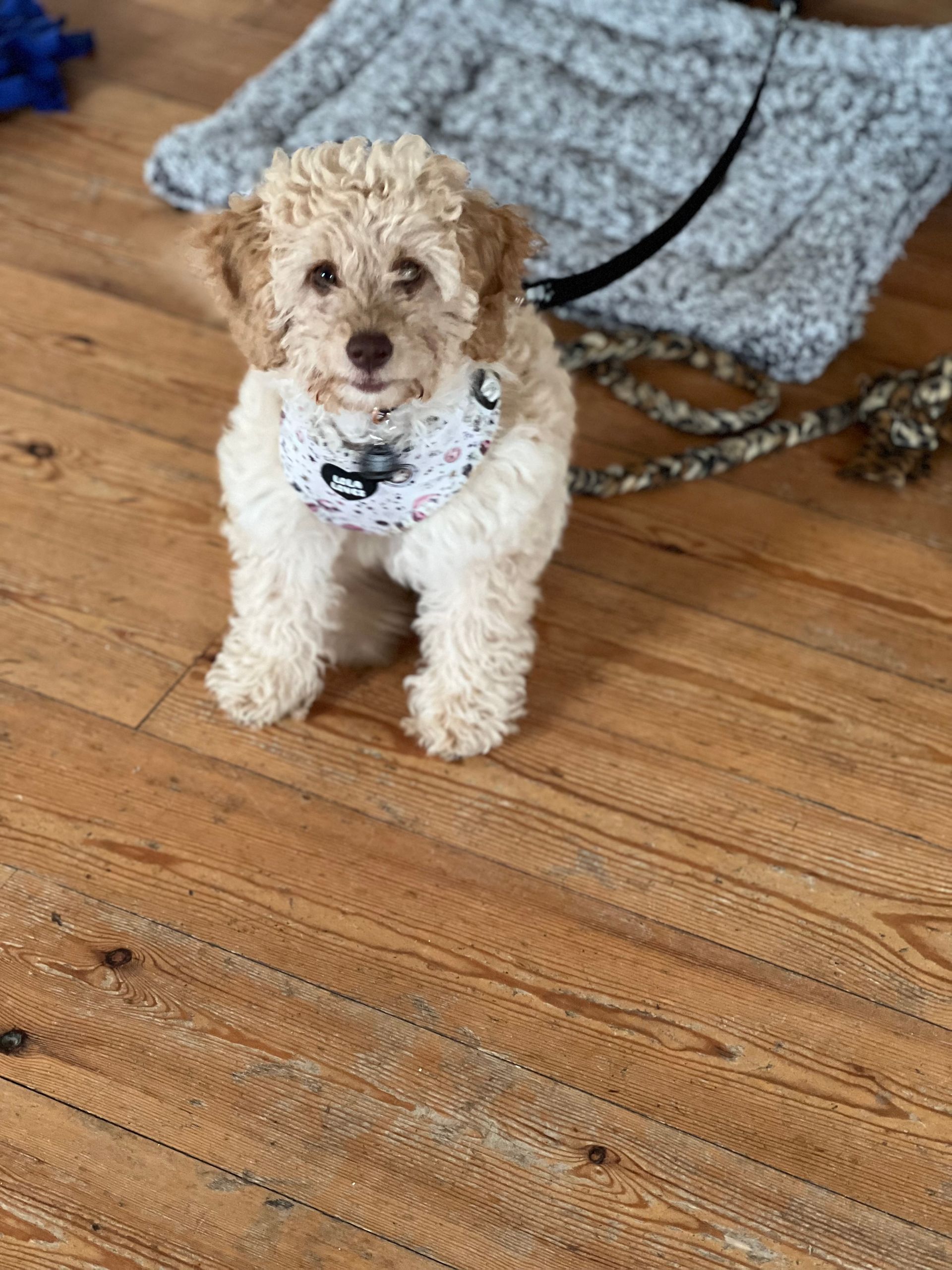
Socialisation – how to help your puppy grow into a confident adult dog!
The socialisation period in puppies starts at around 3 weeks and finishes at around 12-14 weeks. Most of the socialisation period happens BEFORE puppy is allowed out after the second vaccination, and a lot of it happens while the puppy is still with the breeder!
If your puppy is older than 14 weeks old, don’t panic, you can still make a difference, but you may need to take things a little bit slower.
Before your puppy is fully vaccinated, you shouldn’t take them anywhere they can get exposed to unvaccinated dogs, or where unvaccinated dogs may have fouled.
You also want to avoid farmyards and water (rivers/ponds/canals).
This is a general guide, please speak to your vet to find out what specific risks of diseases are like in your area.
What is socialisation? It is our opportunity to teach your puppy that the world is a safe place, so they shouldn’t worry about ‘weird’ things, like push chairs, runners, other dogs, etc. and an opportunity to teach your puppy how to behave appropriately in the human world.
During this period, puppy’s curiosity outweighs their fear, so it is easier to expose puppies to new sights, sounds, environments, and smells.
Important to remember:
· Quality vs quantity – better to have fewer exposures, but positive ones.
· Socialisation does not equal interaction (very important to teach your puppy that some dogs/people don’t get interacted with; this helps lower frustration when they are older)
What can you do before your puppy is allowed out:
Take your puppy out in your arms or in a puppy sling, so they can experience:
· Traffic
· Farm animals
· Supermarket car park (you can watch the world go by from the car)
· Garden centres
· Dog friendly cafe/pub with your puppy on your lap
· Dog friendly stores (John Lewis)
· Take your puppy on short car journeys (so their experience of car rides does not only result in a trip to the Vet, where they get vaccinated!)
· Friend’s houses
· Garden dates with fully vaccinated dogs
· Invite people to visit your house, so your puppy gets used to guests.
· You can expose your puppy to recordings of noises, such as fireworks (start with a very low volume and gradually increase it to make sure puppy does not get scared).
After the vaccinations, when your puppy is allowed out, get them to experience:
· Seeing different people
· Different dogs
· Take them on public transport
· Take them to the vets for happy visits
· Pet stores
· Enrol them in a puppy class with a positive reinforcement trainer!
When approaching socialisation, think ‘what would I like my adult dog to be OK with?’ and try and get your puppy to experience it in a positive way in their first few weeks with you.
Some people approach socialisation as a tick box exercise, however I find it is more helpful to think about it as presenting a picture to your puppy:
Park/green space/countryside: puppy is off lead or on a long line. This is where we interact with the environment – other dogs, scents; I will play games with my puppy and practice recall. I want my puppy to experience dogs of different shapes and sizes – some of which we will interact with, and some we will just watch from a distance. I want my puppy to learn that dogs come in all shapes and sizes, humans could be walking, running, or riding bikes, children could be playing football, and we may even see horses, cows, or sheep.
Pavement walking/urban walking: Puppy is on a relatively short lead. For me this type of walking is usually to get from A to B. We may encounter traffic, people, other dogs, cats, bikes. I want my puppy to learn that all those things are safe, however we are unlikely to interact with them. Yes, I avoid my puppy interacting with other dogs when on a short lead – this helps to avoid frustration that can lead to reactivity in adolescence.
Cafe/pub/park bench/bus/train: we are stationary and not walking. Puppy is on a lead, and I will always ensure that they have a mat or a blanket they can settle on.
When we are taking our puppy to a cafe or a pub, I want to set them up for success and here we are just watching the world go by, without any direct interactions. I will politely decline people’s requests to say ‘hello’ to my puppy, as I don’t want to set my puppy up to fail, and I want them to learn to settle and relax in those environments.
Puppy classes – I am a dog trainer and I always take my puppy to puppy classes – more than one class, if I can. This is not because I don’t know how to teach my puppy to lie down or to walk on a loose lead, but rather because, for me, this is another picture I am painting for my puppy. When we are in a class environment, we are working together, we are a team, so under these conditions, I want my puppy to learn to pay attention to me, rather than other puppies or people.
Veterinary clinic/Grooming salon – I want my puppy to expect, and be happy with, being handled by different people in this environment! I invest time in taking my puppy to the vets, and booking appointments with vet nurses, so my puppy can have a ‘pretend’ examination with treats and fuss.
Good groomers will offer a puppy package to introduce puppies to grooming and handling in short fun sessions, so this is also a picture I want to paint.
Your lifestyle will determine what pictures your puppy will see often and how you would want them to behave when those particular pictures are painted. So, before you even bring your puppy home, think about what your socialisation needs look like.
My top tip about socialising your puppy is to set up expectations from the outset – so if you don’t want your adult dog to jump up at the waitress in a cafe – don’t let your puppy to do this!

Dog behaviour consultations and training are provided by Dogs be Dogs, a trading name of N V Clark Limited, registered in England no. 10730091
Registered office: Rosemary Cottage, Palmers Lane, Burghfield Common, RG7 3DU
Group class services are provided by Dogs be Dogs Limited, registered in England no. 13240349
Registered office: Rosemary Cottage, Palmers Lane, Burghfield Common, RG7 3DU
Please note, this address is NOT our training venue, but the registered business mailing address only.

